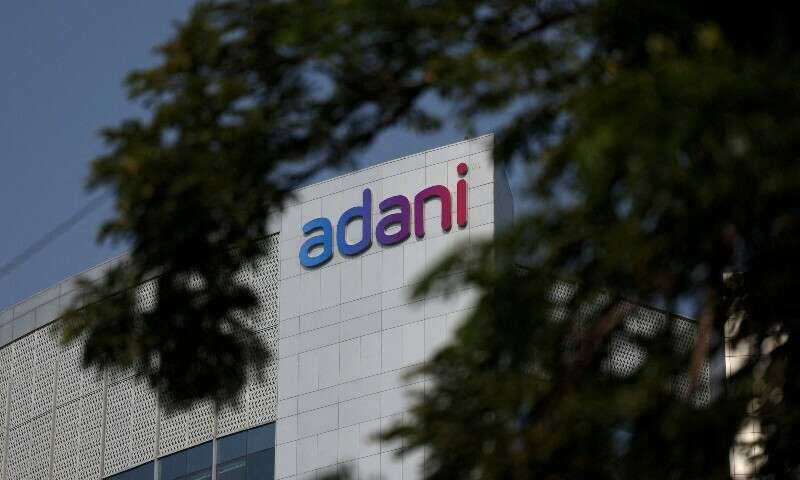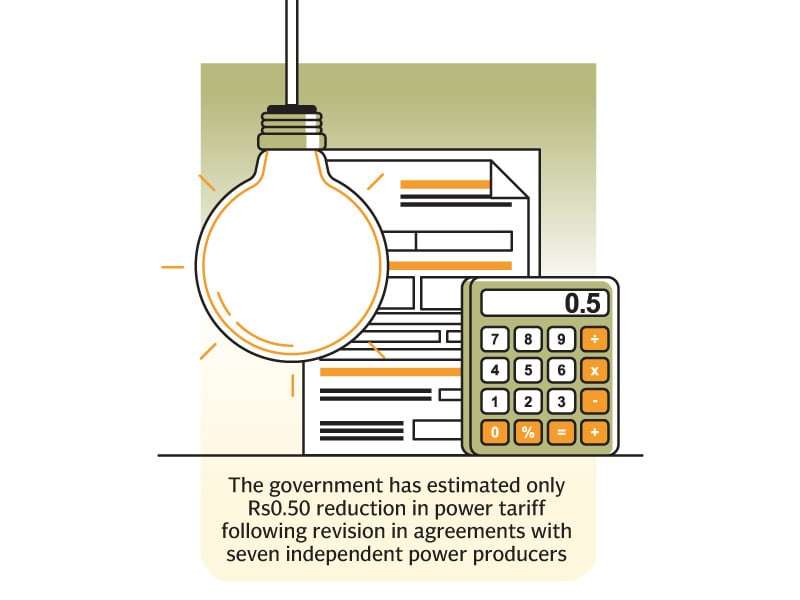Finance Minister Muhammad Aurangzeb’s recent statement suggests that the government aims to finalize the long-delayed privatization of Pakistan International Airlines (PIA) by next month. This indicates that issues with shortlisted bidders interested in purchasing the national carrier are expected to be resolved soon.
Aurangzeb’s comments follow the parliamentary secretary for communications announcing that the “financially unviable” PIA is set to be auctioned on October 30. Initially, the government had hoped to complete the sale of the loss-making airline by June. While attending the annual IMF and World Bank meetings in Washington, the minister attributed the delay to macroeconomic instability and insufficient time for prospective investors to conduct due diligence on the company.
“When any foreign or local investor is looking to invest substantial sums, they need assurance that the foundation is solid,” he explained. The minister also mentioned that bidders for both PIA and Islamabad airport required further scrutiny, contributing to the extended timeline for privatization.
The previous postponement of PIA’s auction occurred about a month ago, following reports that bidders were requesting changes to Pakistan’s tax laws. These changes would level the playing field for local investors compared to foreign investors. Additionally, they sought the flexibility to alter existing employment terms for PIA staff and adjustments in sale conditions concerning the re-capitalization of the airline. This re-capitalization would require nearly $800 million in investment to make the airline financially viable.
MUST READ:
https://flarenews.pk/2024/10/26/how-to-stay-safe-as-whatsapp-hacking-surges-in-pakistan/
Reports indicated that the authorities’ refusal to grant PIA special tax treatment shortly before final bids were due dampened buyer interest, leading to another postponement of the auction for the 60% government stake in the state-owned company. As of now, it remains unclear whether these and other issues raised by potential investors have been adequately addressed.
While some concerns raised by investors are legitimate—such as not forcing them to absorb the financial burden of surplus employees—others appear to be aimed at pressuring the government to enhance the deal’s attractiveness. This is particularly pertinent amid ongoing discussions about a new IMF funding program.
The government has already assumed much of the airline’s liabilities, including over Rs600 billion in debt and pension obligations for retired employees. Therefore, it is unacceptable for bidders to seek additional concessions. To ensure transparency and avoid potential controversies, the government should publicly disclose the details of the deal offered to bidders, along with the demands raised by the investors.



